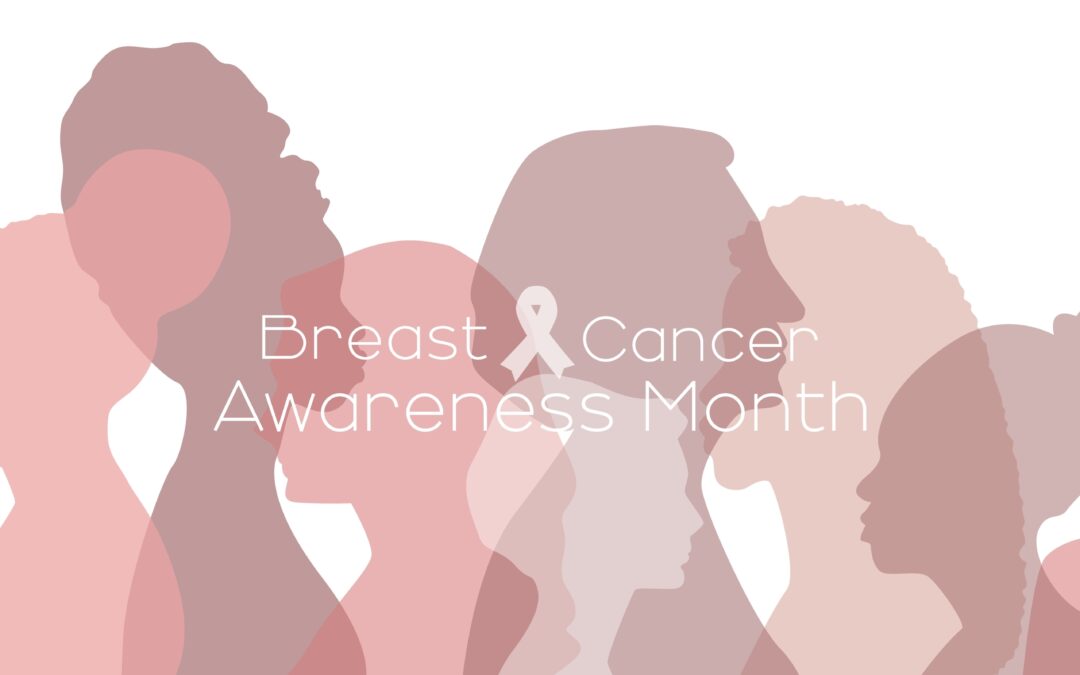Breast cancer is the second most common cancer among women in the U.S. This year, an estimated 290,000 new cases of invasive breast cancer will be diagnosed in women. Although this is an alarming number, breast cancer is a highly treatable disease, and early detection is key. For Breast Cancer Awareness Month, we want to highlight factors doctors should consider when screening and/or diagnosing patients.
Risk Factors
The main factors that influence risk include being a woman and aging. Most breast cancers are found in women who are 50 years old or older. Here are other risk factors from the CDC:
- Having a strong family history of breast cancer
- Having changes in your BRCA1 or BRCA2 genes
- Having dense breasts
- Starting menstrual periods before age 12 and starting menopause after age 55 expose women to hormones longer.
- Using radiation therapy treatment
Research suggests other factors such as smoking and being exposed to chemicals that can cause cancer may also increase breast cancer risk. Other factors to consider:
- Not being physically active
- Being overweight or obese after menopause
- Taking hormones
- Reproductive history
- Drinking alcohol
Early Detection
Mammograms are the best test available to find breast cancer early, sometimes years before a breast cancer lump can be felt. The United States Prevent Services Task Force recommends women who are 50 to 74 years old and are at average risk for breast cancer get a mammogram every two years. For women who are ages 40 – 49, the CDC recommends that they should talk to their doctor or other health care provider about when to start and how often to get a mammogram. Providing this information to patients can aid in early detection.
Diagnosis
Besides mammograms, there are many tests used for diagnosing breast cancer, but not all tests are for everyone. Consider these factors when choosing a diagnostic test:
- Signs and symptoms
- Age and general health
- The results of earlier medical tests
Post Diagnosis
Once a patient is diagnosed with breast cancer, it’s important to remind them of what it means and what steps come next. Here is a general idea of the steps patients can follow post diagnosis:
- Schedule a time to meet with a treatment team
- Write down questions to ask the oncologist about their breast cancer diagnosis
- Find a support team
- Confirm treatment plan next steps

